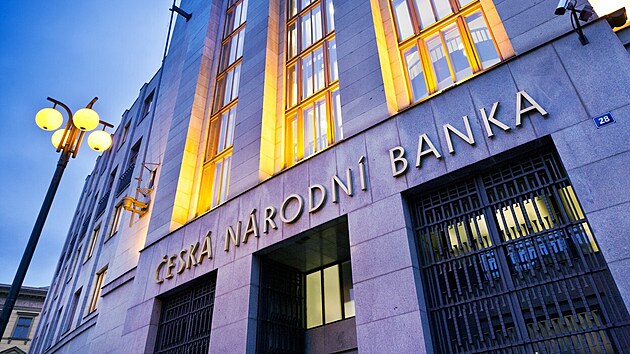Central banks at home and abroad have taken up the fight against inflation
Published by: 06.05.2022 07:58:37The U.S. Federal Reserve this week proceeded with its biggest interest rate hike in 22 years. However, the 0.5 percentage point rate hike into the 0.75-1.00% range was in line with market expectations. Few expected a possible even steeper 75 basis point rate hike, and even going forward, such a large one-time jump is not something the US Federal Reserve's top governing body (FOMC) is actively considering.
The Fed recognizes that inflation is now too high and causing problems. He is also concerned about price inflation spilling over into wages. While he does not yet foresee a wage-inflation spiral that could damage the economy, the US labour market is tight with nominal wage growth at its strongest pace in a decade. In addition, there are other factors that could push inflation even higher - a coronavirus lockdown in China and supply chain disruptions, or a geopolitical situation in Ukraine with the risk of further escalation.
Fed now continues to consider the 2.5%-3.0% band as an inflation target. In addition to raising interest rates, it also wants to achieve it by reducing its balance sheet by selling off the securities it holds. It will take this step from June at a rate of $47.5 billion a month, with the momentum set to double to $95 billion after three months. Nevertheless, the initial reaction of investors in the stock markets was positive - the market was expecting an initial pace of balance sheet reduction of $60 billion per month, and stock indices rose 3-4% in a single day on Wednesday after the meeting. However, on Thursday the market sobered up, erased Wednesday's increase and continued the correction. The S&P 500 index lost 3.5% and the NASDAQ index of technology stocks wrote off as much as 5%.

It is in the technology sector in particular that we can expect to see the effects of the Fed's interest rate hikes. Technology firms are typically more leveraged and rising interest rates will make financing more expensive. After all, this quarter is already statistically the worst in 80 years.
In addition, according to Fed Governor Jerome Powell, the U.S. central bank is prepared to raise benchmark interest rates to neutral levels in the event of inflationary pressures. In layman's terms, this would mean a throttling of U.S. economic performance.
CBN surprised markets
The Czech National Bank also moved to raise interest rates on Thursday. Unlike the Fed, which set base interest rates in the 0.75-1.00% range, Czech rates have already reached 5.75% after a 0.75 percentage point increase and are the highest since September 1999. The CNB thus surprised the markets, as economists had expected a rise of only 0.5 percentage point. A year ago, the CNB's base rate was just 0.25%.

The CNB's sharp rate hikes will be reflected, for example, in the real estate sector, where Czechs are already borrowing roughly six times more expensively than in eurozone countries. According to the CNB forecast, the overall increase in the cost of credit and the reduction in consumption will strangle the domestic economy. While in February the central bank was forecasting 3% growth in the Czech economy in 2022, it now estimates GDP growth of only 0.8%, with the possibility of a recession in the second half of the year. By contrast, inflation estimates have shot up significantly. The CNB was expecting an annual average price growth rate of 6.6% at the time of the survey, but now it expects almost double that (12.7%).
Documents to download
K&L Rock also declares that it is not liable for any direct or indirect damage resulting from trading on the capital markets in general, and posts in discussions expressing the views of readers may not be in line with the operator's position and therefore cannot be regarded as its views.



